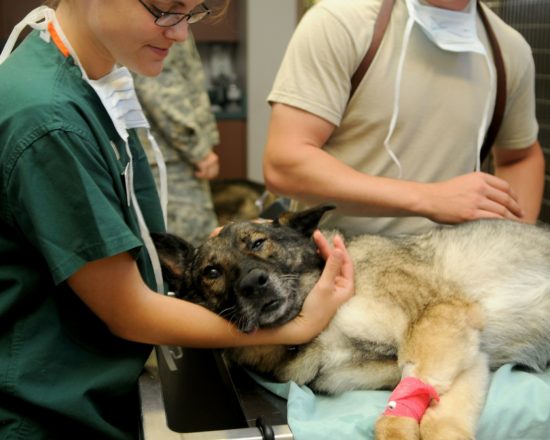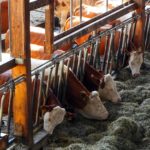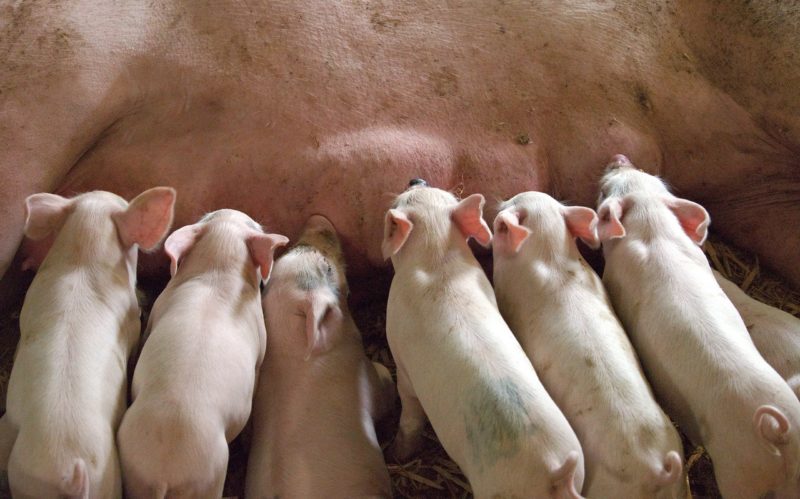Healthy Animals

Antimicrobial resistance (AMR)
AMR develops when bacteria, fungi or viruses are exposed to antibiotics, antifungals or antivirals. As a result, the antimicrobials become ineffective and infections in animals and humans may persist. In addition, medical interventions including surgery, chemotherapy and stem cell therapy may become impossible.
AMR is considered the biggest global threat of Health and Food Safety.
AMR Insights
For professionals in animal husbandry who wish to prevent Antimicrobial resistance, AMR Insights offers selected, global information and data, specific education and extensive networking and partnering opportunities.
AMR Insights is for:
- Livestock breeders and animal caretakers
- Veterinarians for production animals
- Veterinarians for companion animals
- Lab technicians in contract analysis laboratories
- Veterinary regulatory authorities staff
Latest Topics
-
 18 February 2026
18 February 2026Prevalence and patterns of antimicrobial resistance among wildlife populations in Africa: a systematic review
A systematic review of antimicrobial resistance (AMR) in African wildlife screened 4,802 records and included 61 studies from 21 countries, revealing widespread but unevenly studied resistance patterns. Across 4,669 bacterial isolates from 27 eligible studies, the pooled prevalence of phenotypic resistance was 59% (95% CI: 34–80%) with high heterogeneity, and multidrug resistance was 23.1%. Wild […]
Read more... -
 17 February 2026
17 February 2026Defining Durations of Use for Certain Medically Important Antimicrobial Drugs for Food-Producing Animals
This guidance targets sponsors of approved NADAs and ANADAs for medically important antimicrobial drugs used in the medicated feed of food-producing animals that currently have one or more indications without a defined duration of use. It outlines a voluntary framework to update these products so that all such antimicrobials are used in accordance with principles […]
Read more... -
 13 February 2026
13 February 2026Antimicrobial resistance of Escherichia coli in Hungarian wild rats and characterization of a CTX-M-1 type ESBL plasmid
This study analysed antimicrobial resistance (AMR) in Escherichia coli isolated from urban brown rats (Rattus norvegicus) in Hungary. AMR E. coli were detected in 25.6% of rats, with 8.9% showing multidrug resistance. The most common resistance pattern was to ampicillin and tetracycline, associated with plasmid-borne genes bla<sub>TEM-1</sub> and tet(A)/tet(B). Notably, the researchers identified the first […]
Read more...
More news related to Healthy animals





